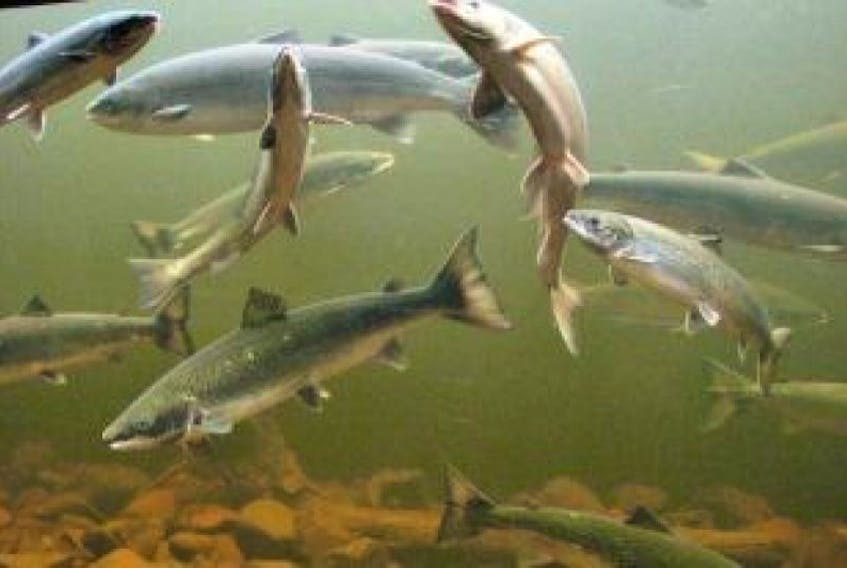It’s an all-too-familiar story.
A fisheries resource seems to be in danger, yet people want to keep fishing anyway.
While scientific numbers show a sharp decline, those who want to keep fishing say there isn’t enough science, and argue that, anecdotally, what they’ve seen of how the stock is doing shows that there’s plenty of fish, thank you very much.
We all know where this ends.
This time, it’s salmon.
The last two years have been tough ones for salmon, with counts of fish returning to Newfoundland rivers falling by 24 per cent in 2016 and 38 per cent in 2017.
And that means questions are being raised about what this year’s recreational salmon season should look like. Should people be allowed to catch and keep salmon? Should rivers be open for catch and release only? Or should there be a pause in all salmon fishing until the strength of this year’s run becomes clear? (Last year, salmon numbers were so low on the rivers where the federal Department of Fisheries and Oceans has counting fences that DFO stopped anglers from keeping salmon in August.)
But what should happen depends on who you ask.
“(We) believe that live release angling is a better option than river closures when salmon populations are depressed,” the Atlantic Salmon Federation said in a statement Tuesday. “The presence of anglers helps deter illegal activity, encourages outdoor recreation, and preserves the livelihood of people working in the recreational fishery and tourism.”
The ASF is arguing there should be no retention of salmon until a mid-season review of salmon numbers.
Outdoor rights advocates, meanwhile, argue that it’s not that the salmon aren’t returning, but that DFO was simply counting the fish at the wrong time. The argument the advocates make is that, with pack ice well into the spring last year along the northeast coast, and with a dry summer and low water levels, salmon runs came much later than usual. (You could call this the “there are plenty of cod out there; scientists just don’t know where to look” argument. That tune was a greatest hit in 1992, and is still played regularly today.)
The one thing you can say about it all is that everyone argues so very strenuously for their own particular benefit.
DFO, meanwhile, will be the only agency in the debate that will be looking at the argument strictly with the health of salmon in mind.
The department doesn’t own fishing lodges, doesn’t want to put salmon in its own freezer, and doesn’t represent anglers — though it does take all of the concerns of those who fish salmon into account when it makes decisions.
All major fisheries agreements have, for years, stressed the precautionary principle.
When you don’t know enough, you don’t assume you can just keep fishing.








